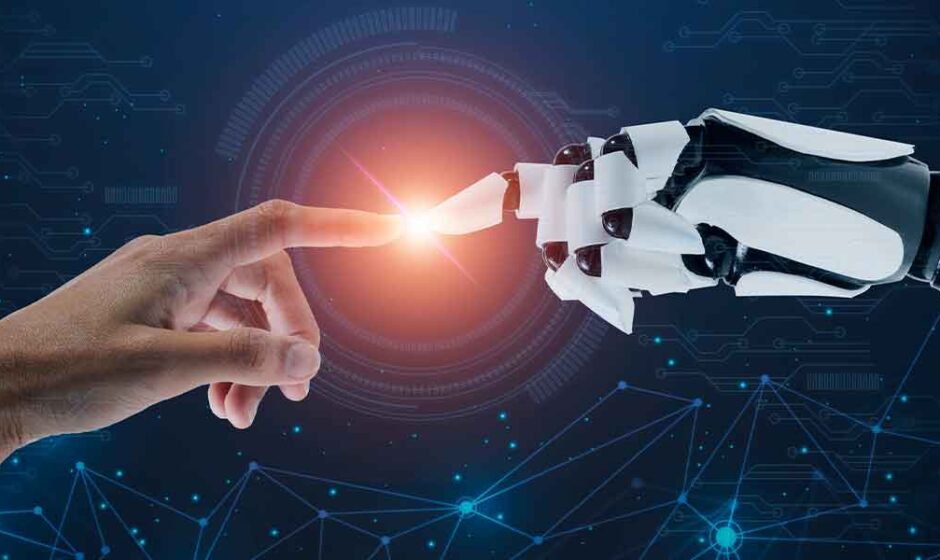Automation and Human Value in Quranic Teachings
In an age where artificial intelligence and automation are rapidly transforming the world, questions about the value of human labor, intellect, and purpose have become more important than ever. While machines now execute tasks once carried out by humans, the Quran offers profound insight into the intrinsic value of human life that remains unaffected by technological advancements. This article explores the balance between automation and human value through the lens of Quranic wisdom and modern challenges.
The Creation of Humans: A Divine Purpose
Honored Creation
The Quran clearly states that humans are a creation honored by Allah.
“And We have certainly honored the children of Adam…” (Surah Al-Isra 17:70) — This verse affirms that human beings hold a privileged status in the order of creation, making their value inherent and not defined by utility alone.
Appointed as Stewards
Allah appointed humans as Khalifah (stewards) on Earth.
This unique role comes with responsibility, moral reasoning, and the capacity to distinguish between right and wrong—functions that no automation can emulate authentically.
Test of Choice and Free Will
Unlike machines, humans are tested by their choices.
The freedom to choose and the accountability tied to these decisions gives human beings a moral superiority that cannot be matched by emotionless algorithms or programmed logic.
Human Labor and Effort in the Quran
Importance of Earning a Living
The Quran emphasizes the importance of seeking lawful sustenance:
“And that man shall have nothing but what he strives for.” (Surah An-Najm 53:39) — This verse underscores that effort and labor hold value in themselves.
Balance Between Work and Worship
Islam encourages productivity but also insists on spiritual balance.
Automated systems might improve efficiency, but the Quran guides humans to integrate both worldly success and spiritual fulfillment.
Ethical Work Conduct
The Quran teaches fairness, honesty, and justice in all dealings.
Even in a world driven by robotics, these values highlight the irreplaceable ethical compass that humans must uphold in economic and social life.
The Limits of Automation in Spiritual Matters
Machines Lack Consciousness
Robots and AI can simulate tasks, but they lack consciousness and understanding of divine purpose. Worship, compassion, and reflection cannot be automated.
Inability to Replicate Sincerity
Sincerity (Ikhlas) is a condition of worship.
No machine can replace the genuine spiritual intention behind acts of worship and kindness, making human involvement irreplaceable in matters of faith.
Artificial Intelligence vs. Intuitive Wisdom
The Quran encourages Tadabbur (deep thinking) and Tafakkur (reflection).
Unlike AI, which is programmed, humans possess intuitive reasoning and emotional intelligence—essential for deriving meaning and moral judgment.
The Balance Between Advancement and Spirituality
Embracing Tools, Not Replacing Values
Technology should be used as a means, not an end.
While automation can assist us, it should not replace the spiritual and ethical values at the core of human life.
Maintaining Human Connections
Digital platforms can bridge distances, but they must not substitute genuine human relationships, compassion, and empathy, which Islam highly values.
Remembering Our Creator Amid Progress
The Quran reminds us:
“Indeed, in the creation of the heavens and the earth… are signs for those of understanding.” (Surah Aal-e-Imran 3:190)
Technological marvels should inspire awe and gratitude toward the Creator, not arrogance or forgetfulness.
Ethical Automation in Light of the Quran
-
Ensure that automation does not promote exploitation or joblessness.
-
Use technology to support justice, equality, and accessibility.
-
Avoid AI systems that promote bias, misinformation, or injustice.
-
Always prioritize human dignity and well-being in automated decisions.
Preserving Human Uniqueness in an Automated World
-
Promote education that combines ethics, faith, and technology.
-
Encourage critical thinking and moral reasoning in the digital age.
-
Support spiritual growth alongside career development.
-
Celebrate irreplaceable human qualities like empathy, mercy, and creativity.
Quranic Guidelines for a Tech-Driven Society
-
Justice (Adl) must guide all innovations.
-
Accountability and intention must remain central in human actions.
-
Cooperation and knowledge-sharing are encouraged, not selfish gain.
-
Seek beneficial knowledge that serves humanity and aligns with divine principles.
Realigning Our Goals Through Quranic Wisdom
-
Avoid idolizing technology and material progress.
-
Reaffirm trust in Allah rather than in man-made systems.
-
Maintain regular acts of worship to stay spiritually grounded.
-
Contribute positively to society using both heart and mind.
Conclusion
While the rise of automation redefines the landscape of work, communication, and learning, the Quran reminds us that human value is timeless and divinely honored. Machines may take over tasks, but they can never replicate human sincerity, intention, or spirituality. At Muhammadan Quran School, we integrate modern tools with timeless teachings to ensure students of all ages, both children and adults, develop spiritually while embracing the advancements of the digital age. Enroll in our online Quran classes to discover this enriching balance.



